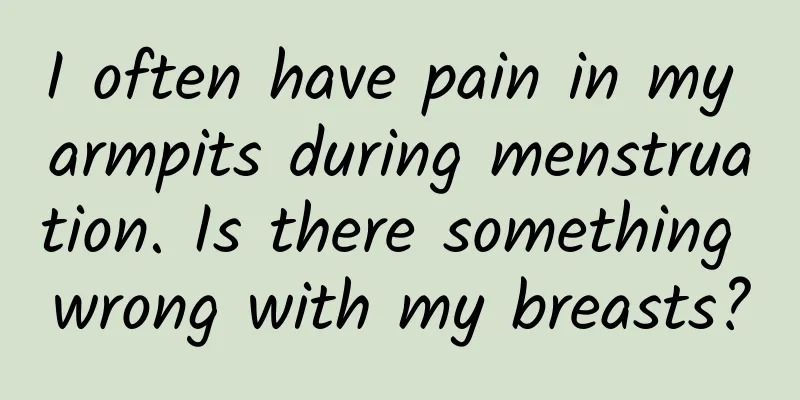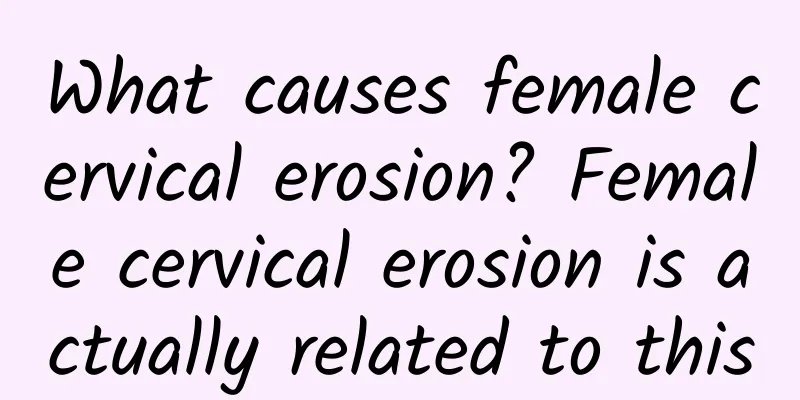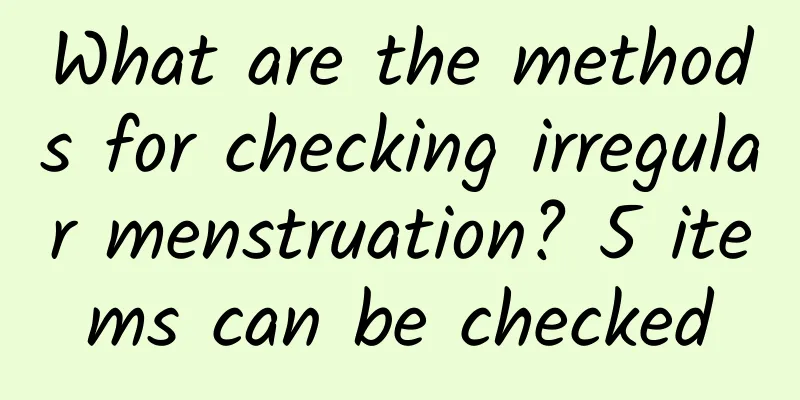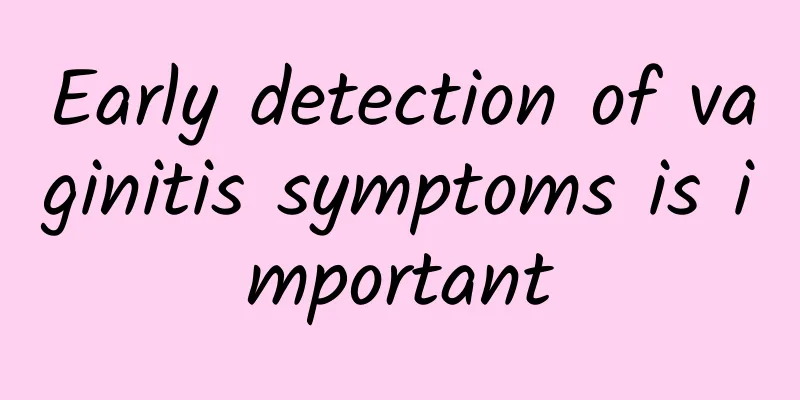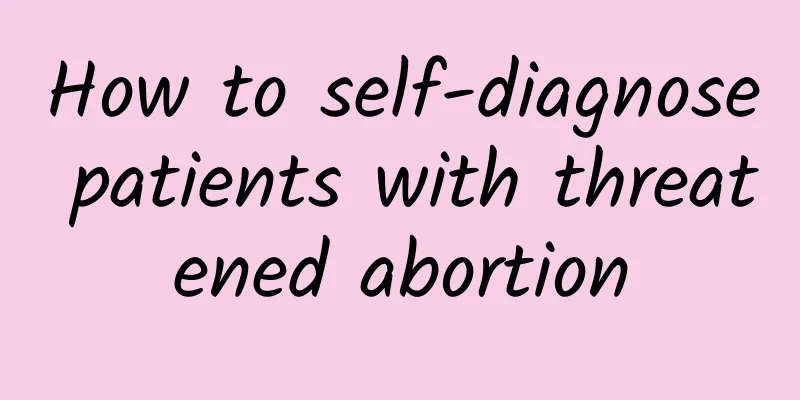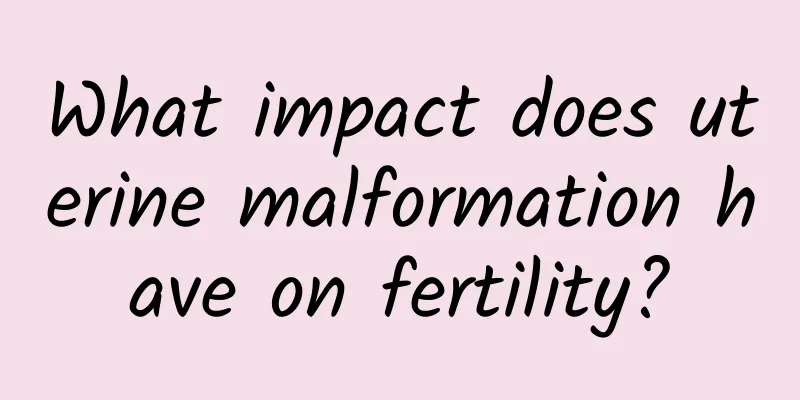Can Polycystic Ovary Syndrome be Cured?
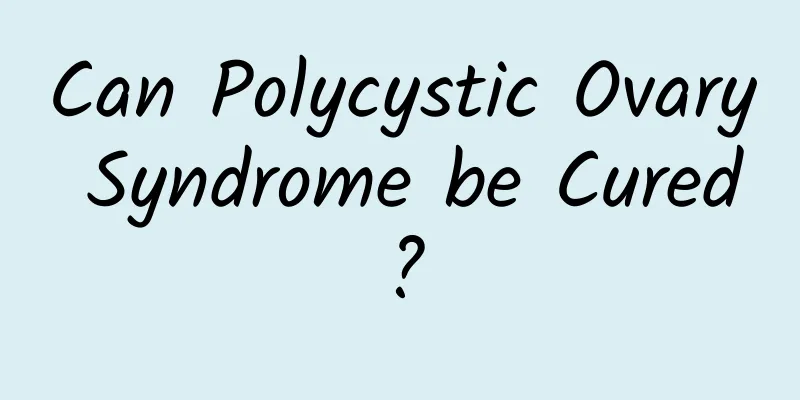
|
Polycystic ovary syndrome is a complex disease caused by metabolic and endocrine abnormalities that women are very likely to suffer from during childbearing or pregnancy preparation. Polycystic ovary syndrome is caused by genetic factors, sex hormones and environmental factors. Polycystic ovary syndrome is curable. Currently, the treatment method for polycystic ovary syndrome in China has been recognized, and drug treatment has replaced surgical treatment as the first-line treatment method. Polycystic ovary syndrome is a complex disease caused by metabolic and endocrine abnormalities that women are very likely to suffer from during childbearing or pregnancy preparation. Polycystic ovary syndrome is mainly caused by three factors, namely genetic factors, sex hormones and environmental factors. Polycystic ovary syndrome is not contagious, but it is hereditary. Studies have shown that polycystic ovary syndrome is caused by major gene mutations and 50% will be passed on to offspring. You can avoid the occurrence of polycystic ovary syndrome in your life, such as: 1. When changing seasons, pay attention to adding or removing clothes appropriately to keep warm and avoid catching a cold or getting a heat stroke. 2. Pay attention to food hygiene in life, avoid eating high-fat foods, eat more vegetables, fruits and healthy natural foods. 3. Do not engage in strenuous or intense activities within two hours after a meal. Exercise more often and do not work for too long at one time if you are working at a desk. 4. Maintain a good and happy attitude, develop the habit of going to bed early and getting up early, and avoid bad habits such as smoking and drinking. Polycystic ovary syndrome is curable. At present, the treatment methods for polycystic ovary syndrome in China have been recognized. Drug treatment has replaced surgical treatment as the first-line treatment method. Oral contraceptives, glucocorticoids and letrozole are safe and effective and have been accepted by the majority of patients. The purpose of this drug treatment is mainly related to the patient's fertility requirements. The second is surgical treatment. There are three types of surgical treatments, namely in vitro fertilization technology, laparoscopic ovarian electrocautery or laser perforation treatment, and bilateral ovarian wedge resection. It is mainly used to adjust the menstrual cycle and improve the patient's condition by reducing the androgen produced by the ovaries. Patients with hemangiomas should pay attention to their lifestyle and diet. The main clinical manifestations of polycystic ovary syndrome are infertility, facial acne, menstrual disorders, or abdominal pain during menstruation. Once symptoms of polycystic ovary syndrome are found, treatment must be taken as soon as possible to avoid lesions. |
<<: Does ovarian chocolate cyst affect pregnancy?
>>: What is Polycystic Ovarian Syndrome?
Recommend
Different types of pelvic inflammatory disease are treated differently
Pelvic inflammatory disease is mainly divided int...
What are the causes of mild cervical erosion? 3 symptoms of mild cervical erosion in women
Mild cervical erosion is a common gynecological d...
What harm does soy milk have on uterine fibroids? Is soy milk really that serious for uterine fibroids?
What are the dangers of soy milk on uterine fibro...
Is endometriosis curable?
Is endometriosis curable? 1. Endometriosis is gen...
How should patients with cervical erosion pay attention to diet? Patients with cervical erosion should pay attention to these points in their diet
Many women will suffer from cervical erosion afte...
What are the good folk remedies for treating cervical erosion? Women can choose three folk remedies for treating cervical erosion
In clinical practice, cervical erosion is a commo...
How long after abortion can I have sex
How long after an abortion can you have sex? It i...
How to treat vaginal candidal infection in pregnant women
How to treat candidal vaginitis in pregnant women...
Physical and chemical factors can cause acute cervicitis
Female cervicitis can be divided into acute and c...
What infections can cause chronic cervicitis?
Experts say that the cause of chronic cervicitis ...
Causes and prevention of menopause
Women's aging and menopause are inseparable, ...
What are the causes of irregular menstruation and how to effectively regulate irregular menstruation
Many women have very complicated emotions about m...
How to treat vaginal condyloma acuminatum
Vaginal condyloma acuminatum is a sexually transm...
The actress was "tricked"! The name of the sudden weight gain and loss
The female stars in front of the camera look glam...
Preventing Sarcopenia for the Elderly - Three Good Ways and One Tip: Eat Healthy, Supplement Calcium and Protein
If the elderly want to live a happy life, they mu...

